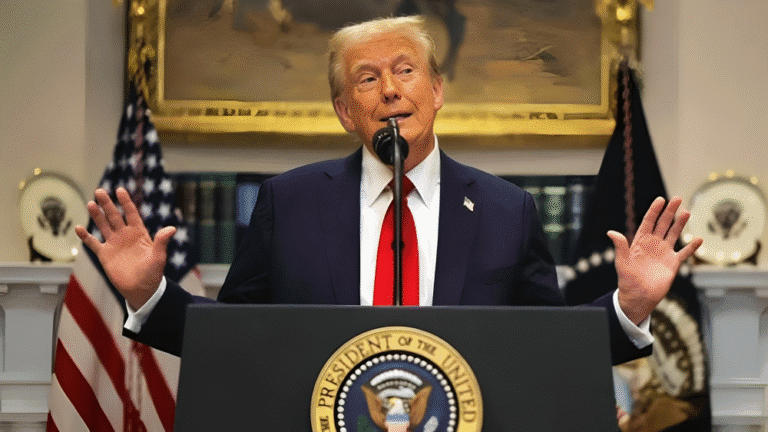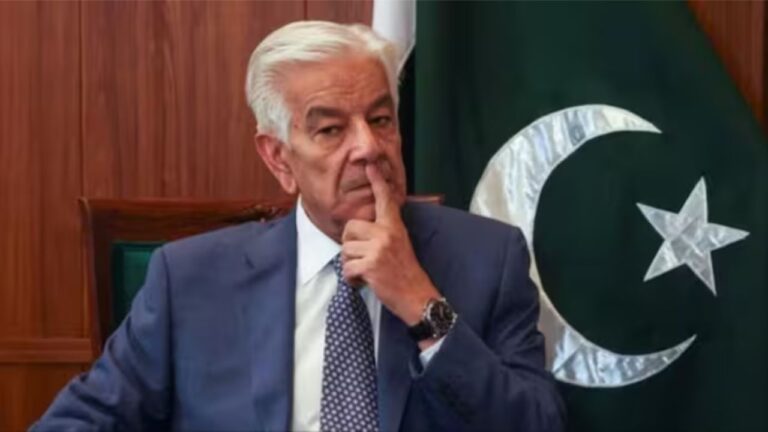
The U.S. State Department on Tuesday reiterated its commitment to achieving a ceasefire in the Middle East while continuing efforts to shift conditions on the ground, according to spokesperson Tammy Bruce. During a press briefing, Bruce also addressed ongoing diplomatic efforts with Iran, rising global antisemitism, and recent changes in the U.S. diplomatic representation in Israel.
Speaking about the situation in Gaza and the broader region, Bruce emphasized the U.S. dedication to supporting both the people of Gaza and long-time ally Israel. “There is a constant, regular commitment to Gaza, to the Gazan people, certainly to one of our strongest if not most stalwart ally, Israel,” Bruce said. She also highlighted the appointment of Ambassador Mike Huckabee as the new U.S. envoy to Israel, calling it a positive step for future relations.
“We are working constantly to make – to have a ceasefire and to change the trajectory on the ground. That has not stopped,” Bruce added, underlining the U.S. government’s continued involvement in peace efforts.
Addressing concerns about the rise in antisemitism worldwide, Bruce reaffirmed the Biden administration’s support for Jewish communities. “As antisemitism surges around the world, our message to Jewish communities remains unchanged: The United States stands with you. We will fight antisemitism with unwavering determination,” she stated.
On the topic of Iran, Bruce referenced recent diplomatic interactions facilitated by Oman, noting a key meeting between U.S. Special Envoy Steve Witkoff and Iranian Foreign Minister Abbas Araghchi. The talks, hosted by the Omani foreign minister, were described by the White House as “very positive and constructive,” with both parties agreeing to meet again on Saturday.
Quoting Ambassador Witkoff, Bruce underscored the administration’s conditions for a nuclear agreement. “A deal with Iran will only be completed if it is a Trump deal,” she quoted. “Any final arrangement must set a framework for peace, stability, and prosperity in the Middle East – meaning that Iran must stop and eliminate its nuclear enrichment and weaponisation programme.”
Bruce also echoed sentiments expressed by White House Press Secretary Karoline Leavitt regarding Iran’s nuclear ambitions. “There is one goal here and that is that Iran cannot have a nuclear weapon,” Bruce said. “That is the one thing that we know that they’re working on. And I think we’ll have some success, considering who we’re addressing.”
Leavitt also confirmed President Trump’s call with the Sultan of Oman, expressing gratitude for facilitating the initial direct meeting between the U.S. and Iran. She emphasized that the administration remains steadfast in its opposition to a nuclear-armed Iran.
“The maximum pressure campaign on Iran continues,” Leavitt stated. “But as you know, the President has made it clear — he wants to see dialogue and discussion with Iran while making his directive about Iran never being able to obtain nuclear weapons quite clear.”
The remarks come amid heightened tensions in the region and reflect the administration’s dual-track approach of applying pressure while pursuing diplomatic solutions.






